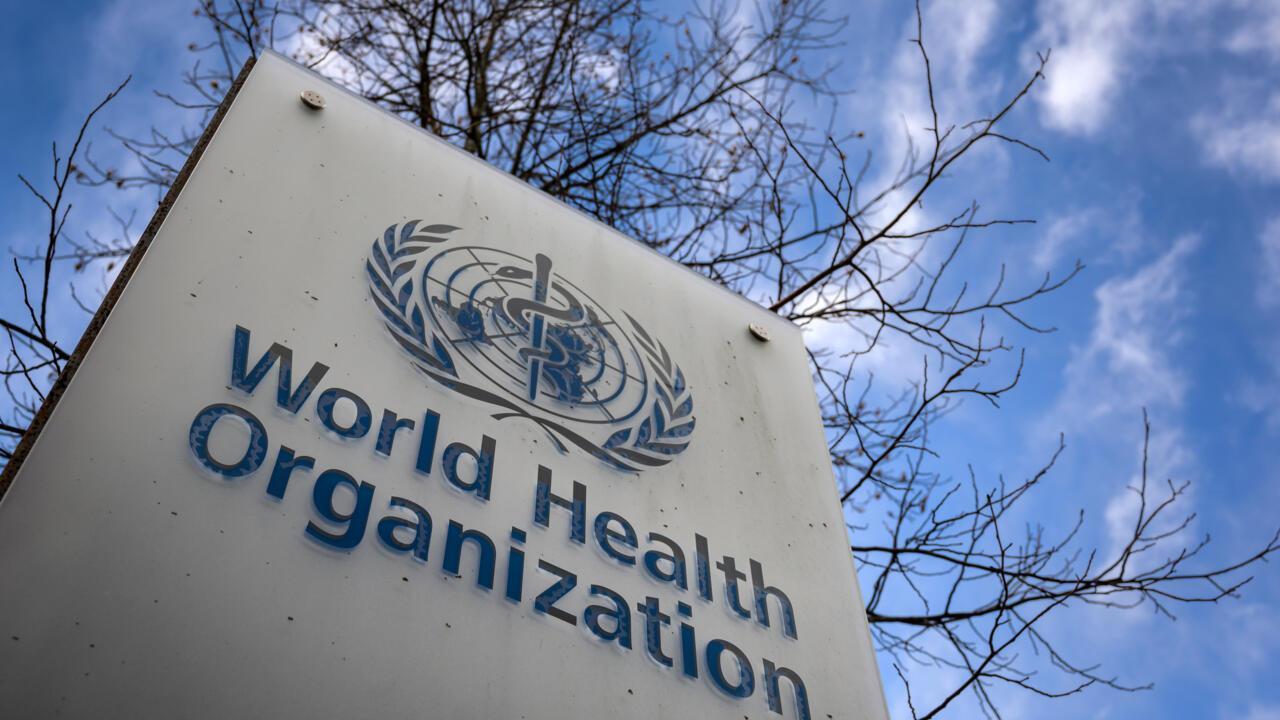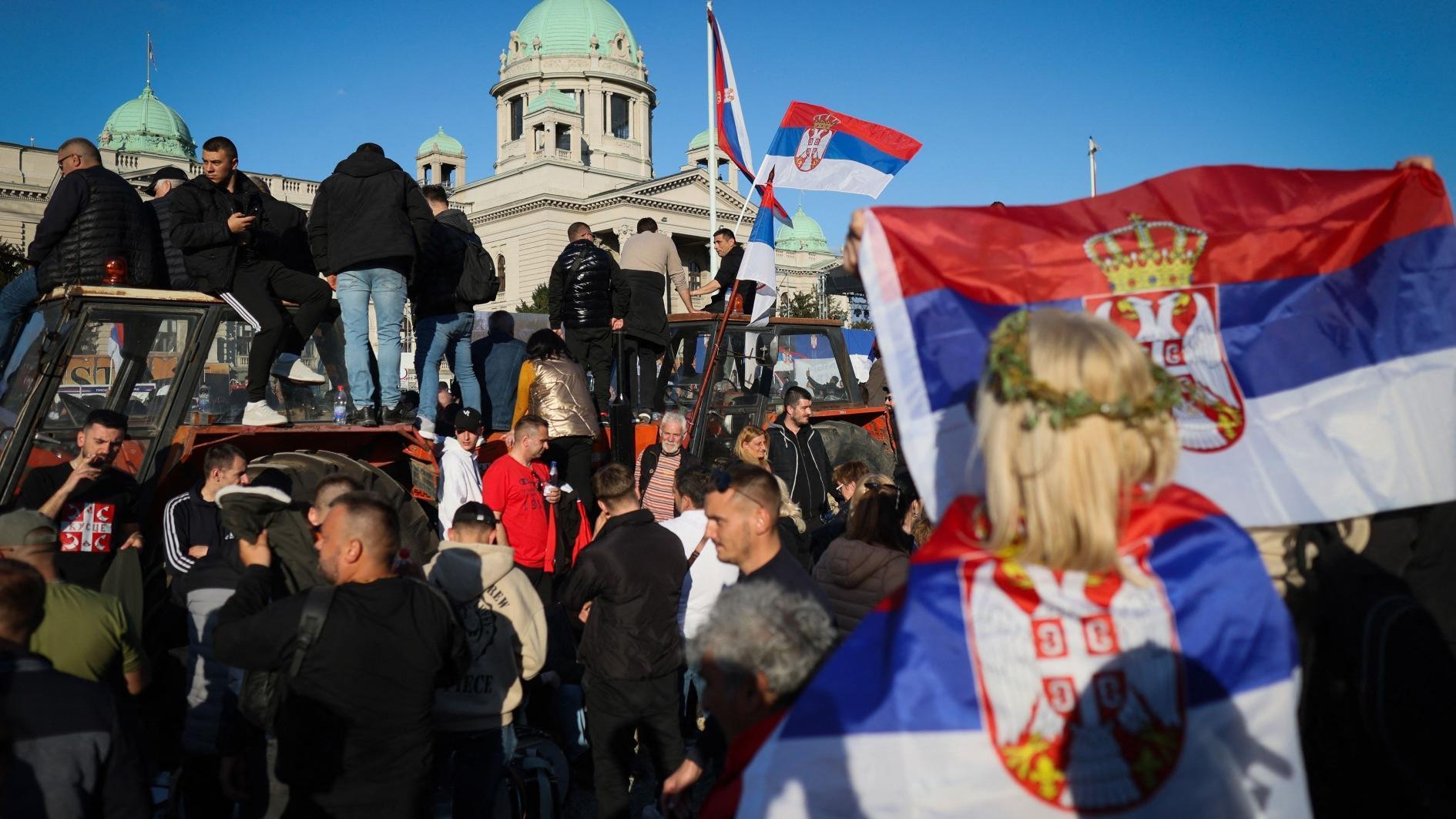Modernizing Turkey-EU Customs Union a must
Ebru Turhan & Erdal Yalçın*
Turkish Economy Minister Nihat Zeybekci and European Commissioner of Trade Cecilia Malmström have recently announced Turkey and the European Union’s joint ambition to modernize and expand the 20-year-old Customs Union (CU). This intention of deepening bilateral economic relations has become an urgently necessary consolidation of the CU to prevent a disruption between Turkey and the EU due to institutional weaknesses in the ex-isting trade accord.While the political accession negotiations between Turkey and the EU have been stagnant over the past years, economic cooperation has steadily improved, particularly after Turkey joined the CU. Today, the EU is Turkey’s number-one import and export partner; mean-while, Turkey ranks seventh in the EU’s top import and fifth in export markets. Additionally, over the past five years, the EU has accounted for 75 percent of the total foreign direct in-vestments (FDI) to Turkey.
Looking at the status quo, it may seem at first that a stagnation of political integration, on the one hand, and flourishing economic relations, on the other, are acceptable means to maintain bilateral relations between Turkish and European politicians in power.
However, recent developments increasingly cast doubt on the success of this inarticulate policy agenda. In this context, EU negotiations on a Transatlantic Trade and Investment Partnership (TTIP) play a special role.
The negotiations uncovered a dramatic misalignment in the existing CU between Turkey and the EU.
Since the CU calls for a joint external tariff for third countries, Turkey is obliged to open up its market to the third country involved every time the EU signs a new free trade agreement involving industries covered by the CU. Turkey, however, does not gain access to that coun-try’s market. According to the calculations of the German Ifo Institute, the successful nego-tiation of TTIP could lead to a decrease in Turkish GDP by over 1.5 percent.
Turkey rightly favored the launch of the CU with the EU in 1996 under the expectation that it would soon become a full member of the political union and, therefore, handed over its trade policy autonomy to the EU.
In this sense, the existing trade accord between Turkey and the EU represents an intermediate state in a long-lasting economic integration process. Unfortunately, the “temporary agreement” turned out to be the basis for a bilateral eco-nomic relationship that has been lasting longer than intended. Correcting the asymmetric duties arising from the CU is not easy to achieve.
Turkey’s inclusion in the TTIP without being a full member of the EU is fairly unlikely, and this has been repeatedly stated by both EU and U.S. authorities. Alternatively, a downgrad-ing of the CU to a free trade agreement (FTA) would not offset Turkey’s short-term losses from the TTIP either as costly controls of the origin of goods traded with the EU would be required. As such, the planned deepening of the existing CU remains the most viable way of counteracting the disadvantages arising from the TTIP and further new FTAs negotiated by the EU.
To this end, services and agricultural products excluded from customs exemption to date would have to be included in the agreement. A liberalization of public procurement will be on the table as well. Such a deepening of the CU will certainly intensify competition in the related Turkish industries. In return for these economic costs, all existing asymmetries of the CU should be eliminated by allowing Turkey to be a full member in any decision-making process of the European CU. With reference to the third-country regulation, Turkey has to be allowed to claim the same trade concessions like all EU member states.
A modernization of the CU will also provide Turkey and the EU with a new strategic vision to deepen bilateral relations. In recent decades, economic and political dialogue has been mainly regulated within the scope of Turkey’s accession process and her alignment with the EU acquis. Today, many aspects of bilateral relations (such as visa liberalization, coopera-tion on human rights and democratization issues) are greatly constrained by the deadlock in accession talks and the vetoes of the EU on essential negotiation chapters. Taking into account the current stalemate in Turkey’s political integration into the EU, it becomes a ne-cessity to think “outside the accession box” and combine accession negotiations with paral-lel cooperation on dossiers of common interest. The deepening of the CU can thus act as a success story for future efforts to enhance bilateral relations outside the scope of the Turk-ish accession process.
*Ebru Turhan is a post-doctoral research fellow at Sabancı University’s Istanbul Policy Center.
*Erdal Yalçın is the deputy director of the Ifo Center for International Economics.











